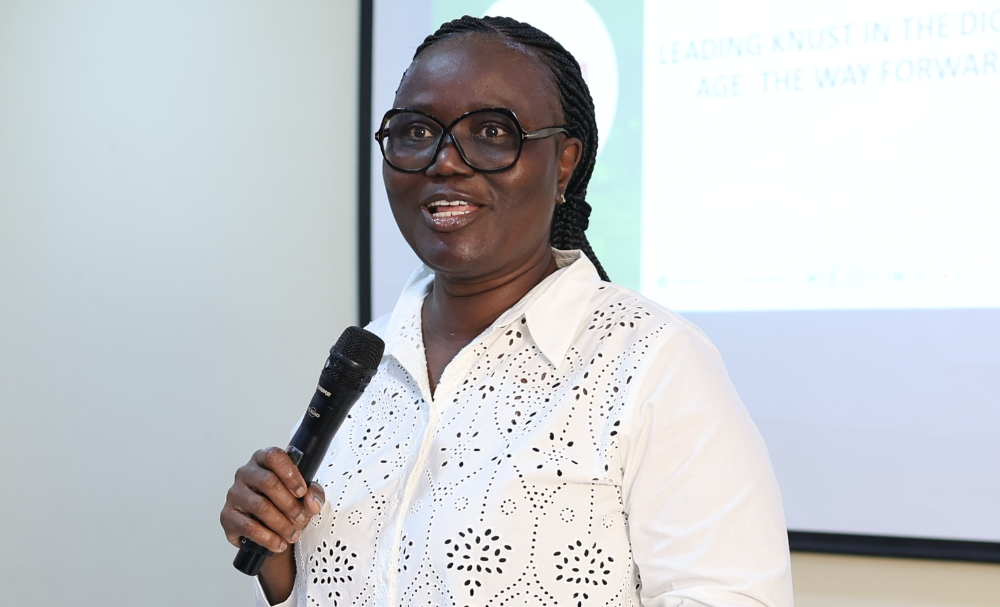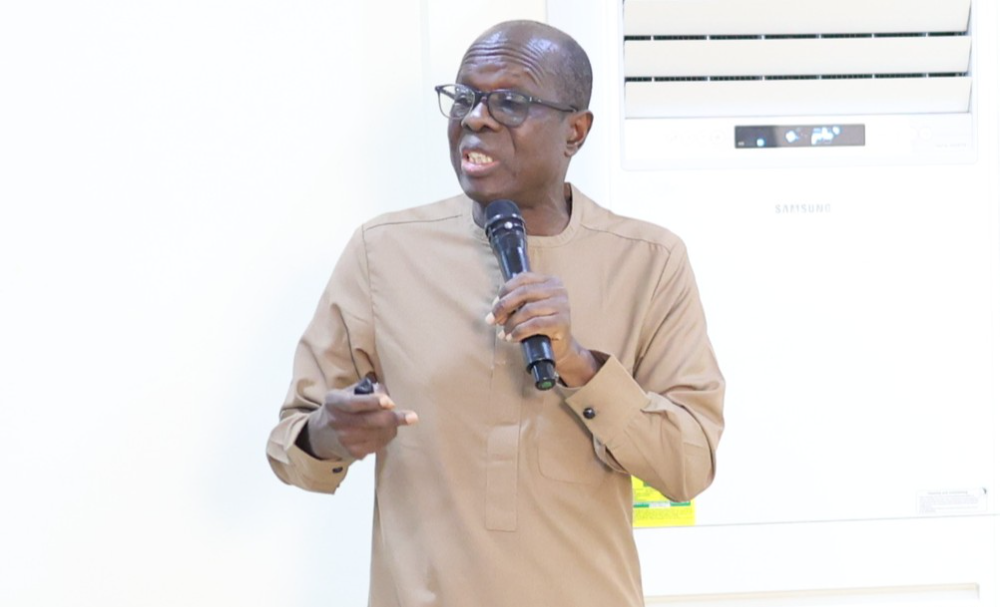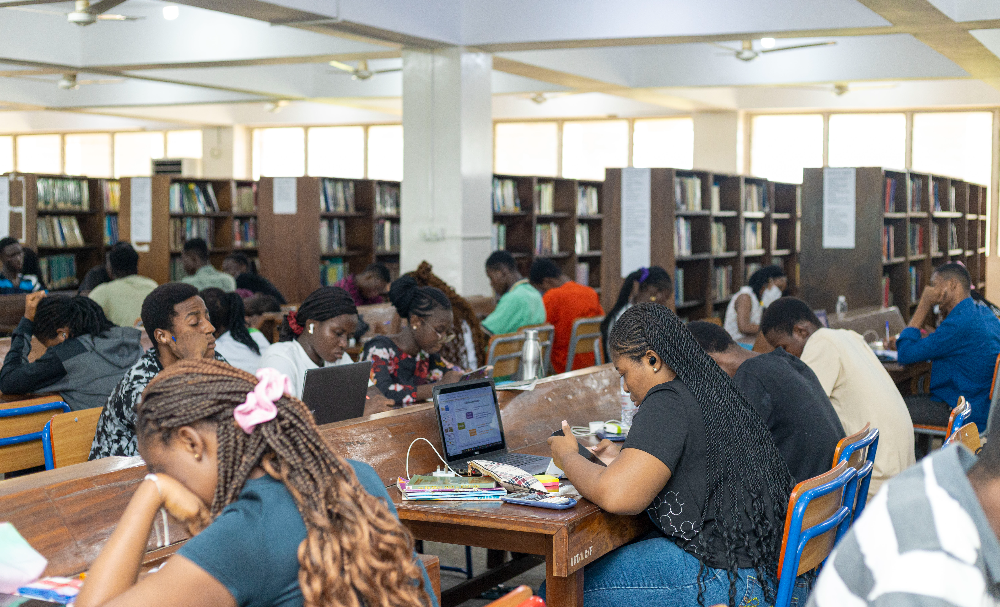Students at the Kwame Nkrumah University of Science and Technology (KNUST), Kumasi will begin a one-credit course in the fundamentals of artificial intelligence (AI) next semester as part of the university’s newly approved AI strategy.
“At least, by the time anyone leaves the corridors of the university, they will have taken this one-credit-hour course,” Vice-Chancellor Prof. Mrs. Rita Akosua Dickson said.
She was speaking at a three-day management retreat at the Nyansapo Eco Resort in Moree, Central Region, held under the theme “Leading KNUST in the Digital Age: The Way Forward.”

Prof. Mrs. Dickson urged the university community to embrace what she called “digital citizenship.”
“Let’s utilise all the technological tools to improve what we’re doing so we’re not left behind,” she said. “But we must ensure all staff and students are responsible, ethical and, above all, compassionate digital citizens who attach humanity to the digital tools we’re using.”
She called for innovation, adaptability, solution-focused research, and strong partnerships, stressing that collaborative leadership is key to achieving shared goals.
“Let’s combine our strength; let us complete each other. No idea is a bad idea, perhaps the timing may be wrong, but it could be useful at another point,” she said. “Let’s continue to pursue eminence for KNUST, Ghana and the world.”

Dr. Paul Effah, former Executive Secretary of the National Council for Tertiary Education (NCTE), now Ghana Tertiary Education Commission (GTEC) and a resource person at the retreat, told academic leaders that effective leadership requires working through people and ensuring efficient use of resources.
“As a provost, dean or head of department, your job is to empower others: provide the training, the resources and get them to do the job,” he said.
















